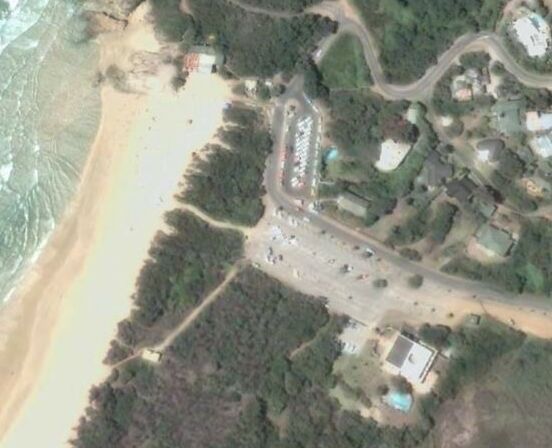The soundtrack of my life during the first halcyon
summer holiday
at Lookout Beach Plettenberg Bay was hands down unquestionably no
doubt about it The Beatles
Abbey
Road.
It was, after the
breakthrough
Sergeant Pepper's Lonely Hearts Club Band, their second
concept album in which breaks between tracks and sides
were completely arbitrary and basically non-existent. It was one
seamless whole.
As a
monastery
in which to discover who you really are, there's nothing quite like
music. In Plettenberg Bay I listened to
Abbey Road,
as did everyone else. It was the soundtrack of their lives too. But
later, much much later, I came to appreciate, by realizing what I
didn't do, I hadn't ever listened to
Abbey Road.
I came to see I hadn't listened to anything else, for that matter,
either. What I did do by default, rather, was hear.
The distinction is both subtle and profound. Hearing
is listening without any responsibility, without any ownership. At
worst, hearing is simply
eardrums'
automatic sensory reaction to soundwaves,
machinery
which doesn't require the presence of
who you really are.
At best, it's paying attention. Listening is hearing
with creativity, with responsibility, with intention, with bringing
your
Self
to bear on the matter. And the thing is this: when you
hear
Abbey Road,
obviously it's The Beatles creating the music. But when you
listen
Abbey Road,
it's you creating the possibility of The Beatles
creating the music. I didn't fully appreciate that until at
least a decade later and the
inexorable
meeting with Werner
Erhard.
|

